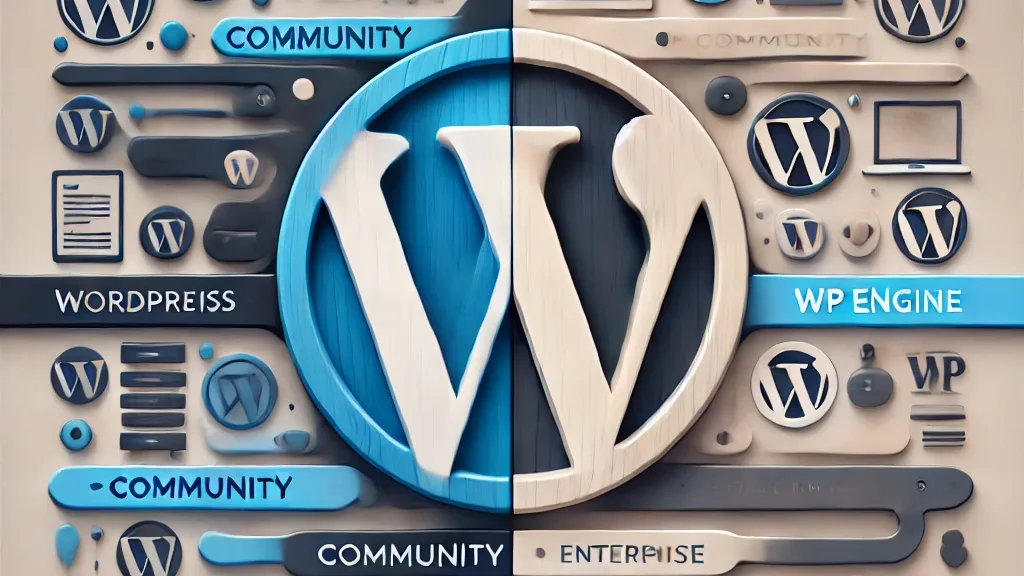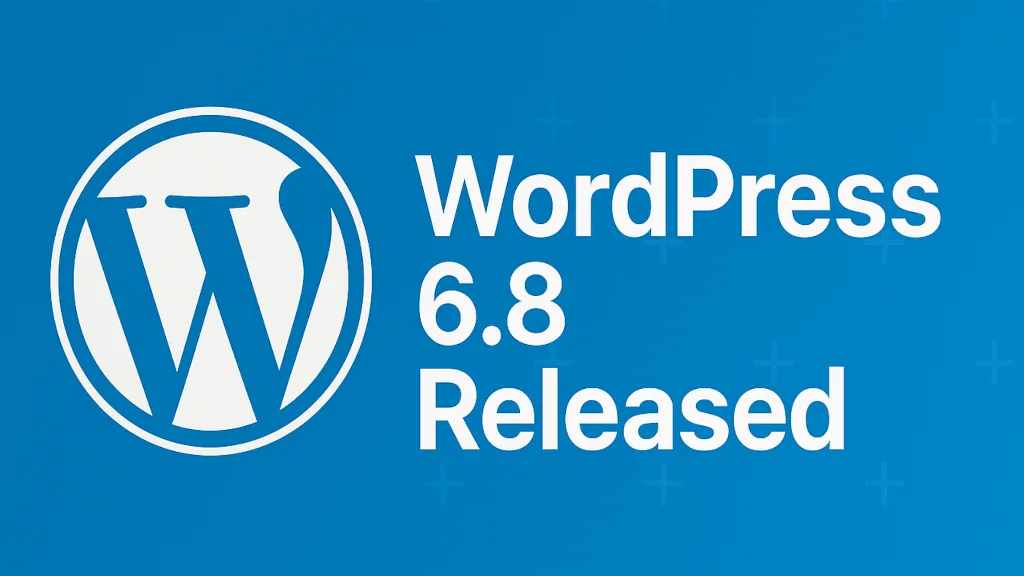
Web Hosting Trends for 2024: What to Expect in the Evolving Digital Landscape
The web hosting industry is undergoing a transformative shift, driven by technological advancements and the growing demands of a hyper-connected world. From artificial intelligence to sustainable practices, these changes are reshaping the way businesses and individuals approach online hosting. Here’s an in-depth look at the key trends set to define web hosting in 2024:
1. Artificial Intelligence (AI): Friend and Foe
AI continues to play a pivotal role in optimizing web hosting services, offering unprecedented efficiency and customization. Its integration is set to:
- Enhance Performance: AI-driven algorithms can dynamically adjust server resources, improving load times and ensuring consistent performance during traffic spikes.
- Strengthen Security: Predictive analytics powered by AI help identify vulnerabilities and mitigate potential cyberattacks in real-time.
- Personalize User Experience: By analyzing user data, AI can deliver tailored services, such as recommended plugins or configurations.
However, AI also poses risks. Cybercriminals are leveraging it to create sophisticated phishing attacks and malware scripts, making security an ongoing challenge.
2. Edge Computing: Bringing Data Closer
As latency reduction becomes critical, edge computing is emerging as a revolutionary trend in hosting. By processing data closer to the source, edge computing:
- Minimizes delays, enhancing the user experience for applications like gaming, IoT, and video streaming.
- Improves security by decentralizing data processing, reducing the risk of centralized breaches.
- Supports localized content delivery, crucial for businesses targeting region-specific audiences.
This distributed computing paradigm is especially valuable for businesses aiming to capitalize on the growing demand for low-latency, high-speed applications.
3. Green Hosting: Sustainability Takes Center Stage
Sustainability is no longer optional. Hosting providers are prioritizing eco-friendly initiatives, including:
- Transitioning to renewable energy sources to power data centers.
- Implementing energy-efficient hardware and cooling systems.
- Encouraging customers to adopt sustainable practices through green hosting certifications.
These efforts not only reduce carbon footprints but also appeal to environmentally conscious consumers, providing a competitive edge in a saturated market.
4. Multi-Cloud and Decentralized Hosting
The demand for flexibility and security is driving the adoption of multi-cloud strategies and decentralized hosting solutions:
- Multi-Cloud Hosting: Businesses distribute workloads across multiple providers to enhance reliability and avoid vendor lock-in.
- Decentralized Hosting: Leveraging blockchain, decentralized hosting ensures greater data control and security while reducing reliance on a single provider.
These approaches cater to organizations seeking robust disaster recovery solutions and better compliance with data sovereignty regulations.
5. Mobile-First Optimization and 5G Connectivity
The rise of mobile internet usage necessitates hosting solutions tailored to mobile-first users. Hosting providers are focusing on:
- Ensuring responsive design and faster load times for mobile devices.
- Leveraging 5G networks to improve connectivity and reduce latency for mobile users.
- Enhancing mobile app hosting to support the growing ecosystem of lightweight, device-specific applications.
6. Prioritizing Cybersecurity
With increasing reliance on online services, cybersecurity remains a cornerstone of the web hosting industry. Providers are adopting:
- AI-Driven Security: Real-time monitoring and anomaly detection help prevent breaches.
- Advanced Encryption: Ensuring secure data transfers and storage.
- Proactive Threat Management: Regular updates and patches to protect against evolving threats.
Given the rise of AI-enabled cyberattacks, hosting companies must balance technological innovation with stringent security protocols.
Conclusion
2024 is set to be a landmark year for the web hosting industry, characterized by innovation and adaptability. Whether through AI-driven optimization, the rise of edge computing, or the shift towards sustainability, hosting providers are embracing trends that redefine performance and user experience.
Businesses looking to stay competitive must align with these advancements to ensure scalable, secure, and efficient online operations. By leveraging these trends, the future of web hosting will be faster, smarter, and greener than ever before.



